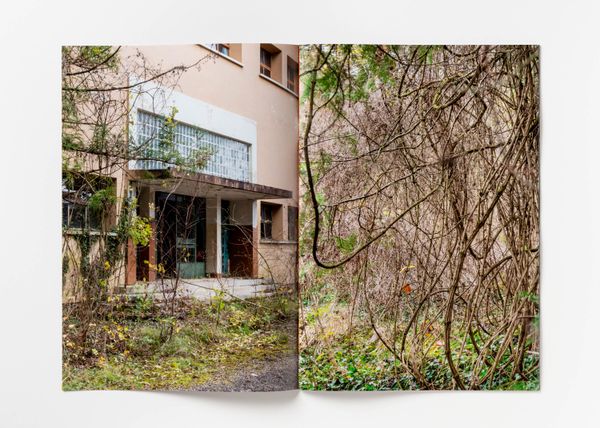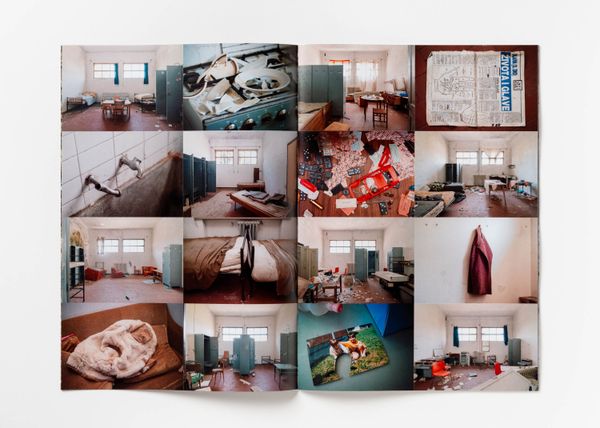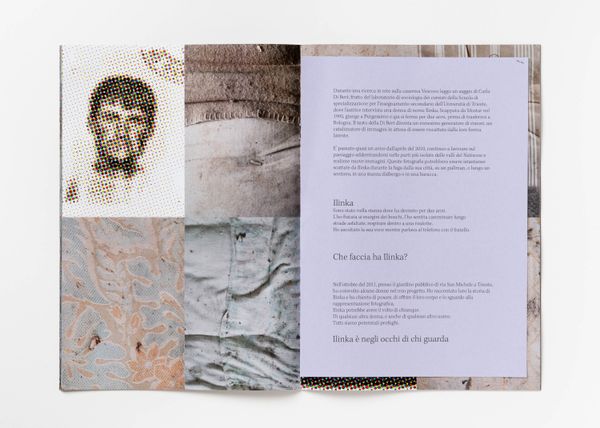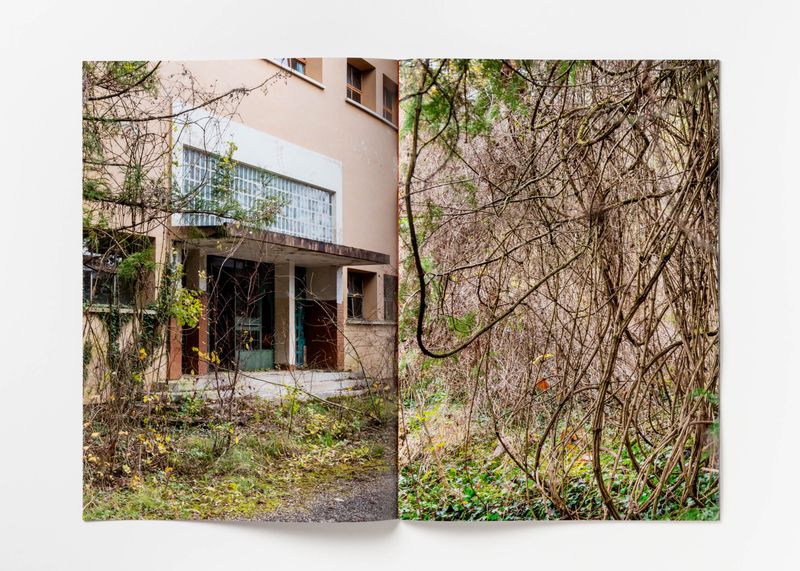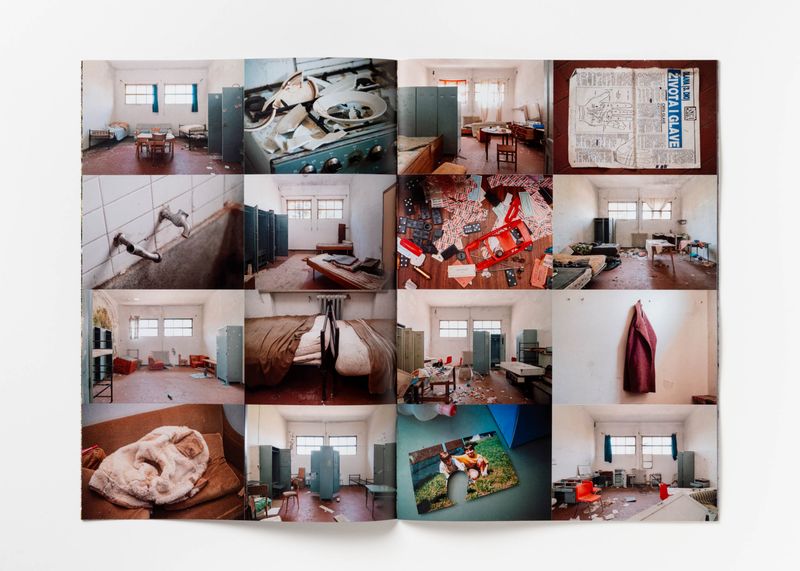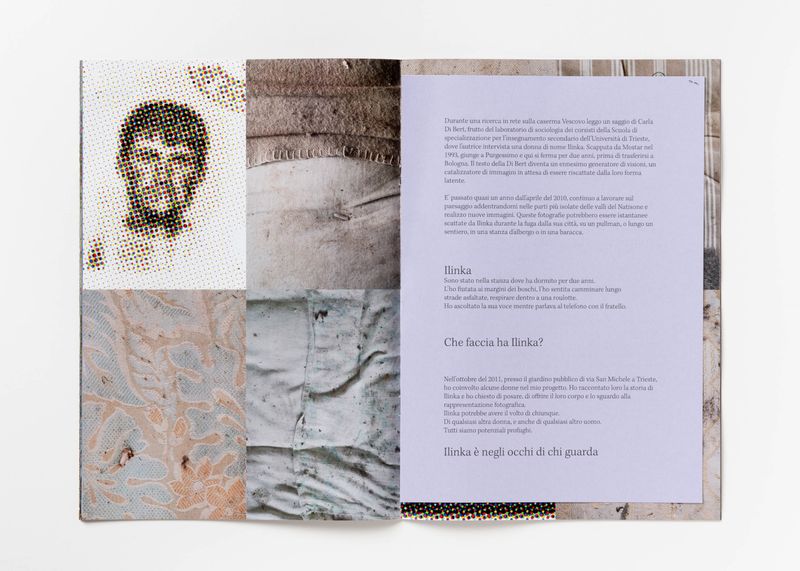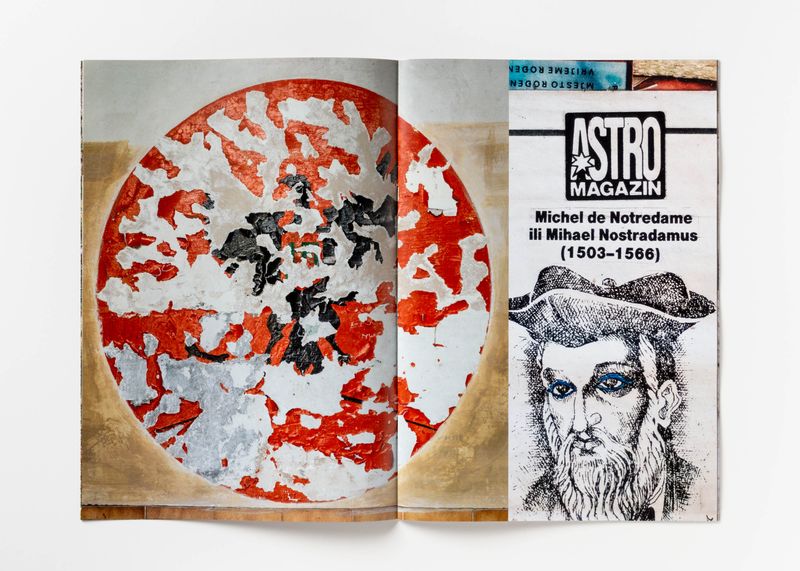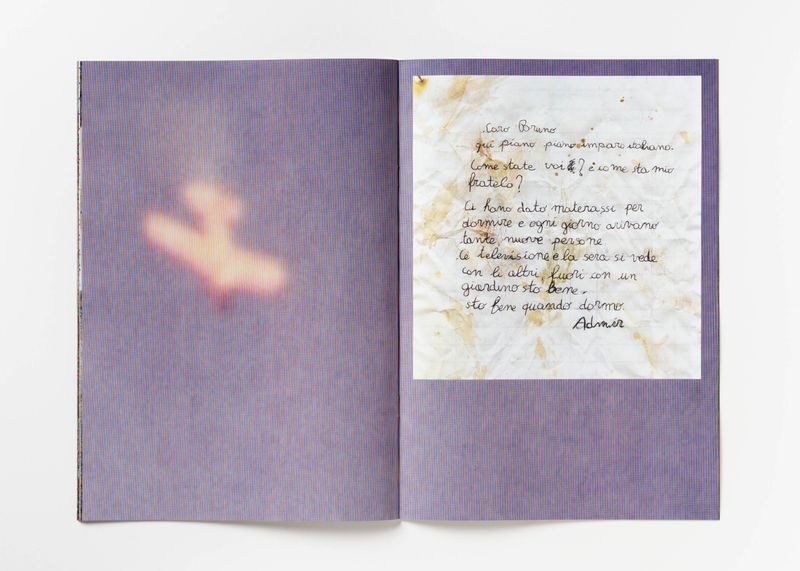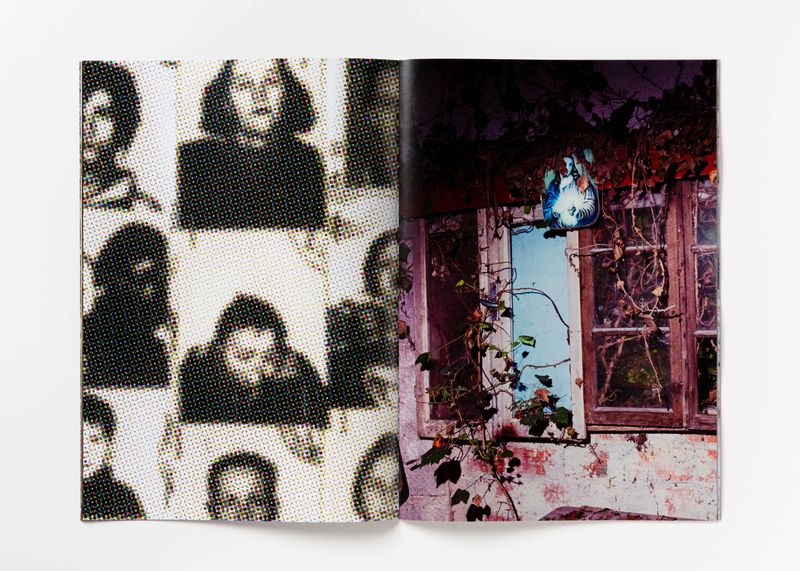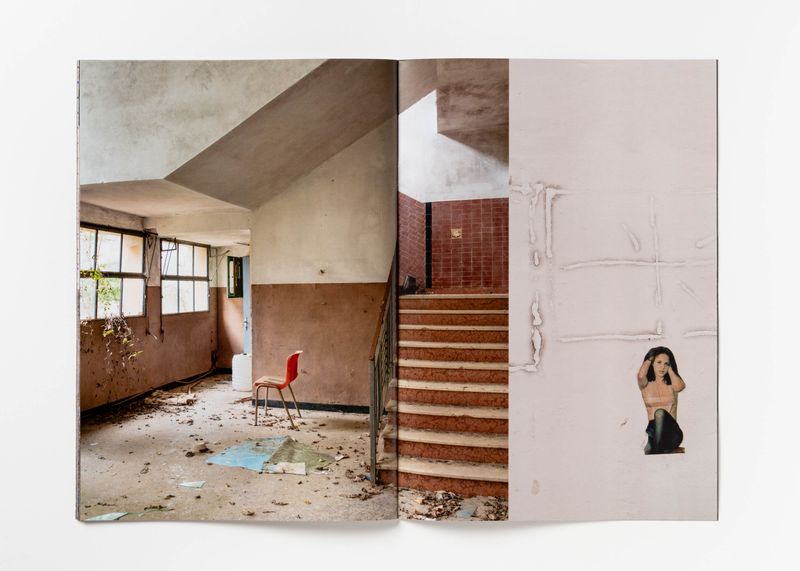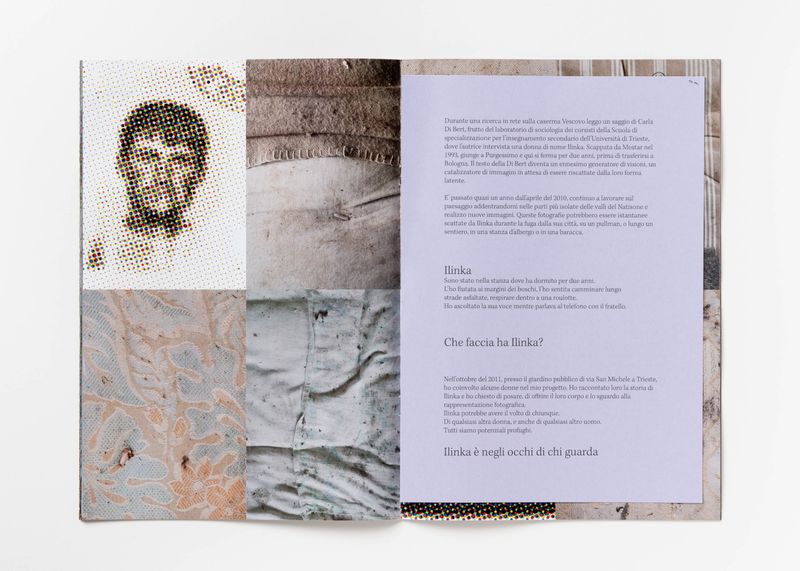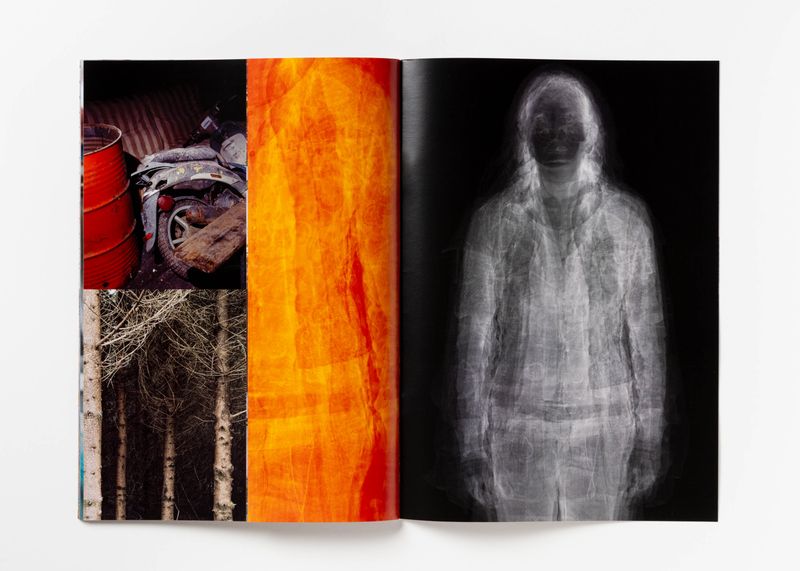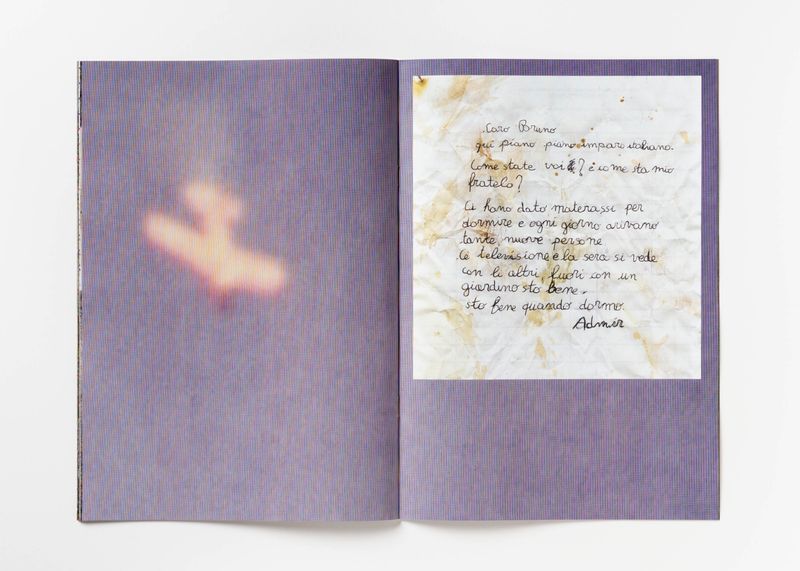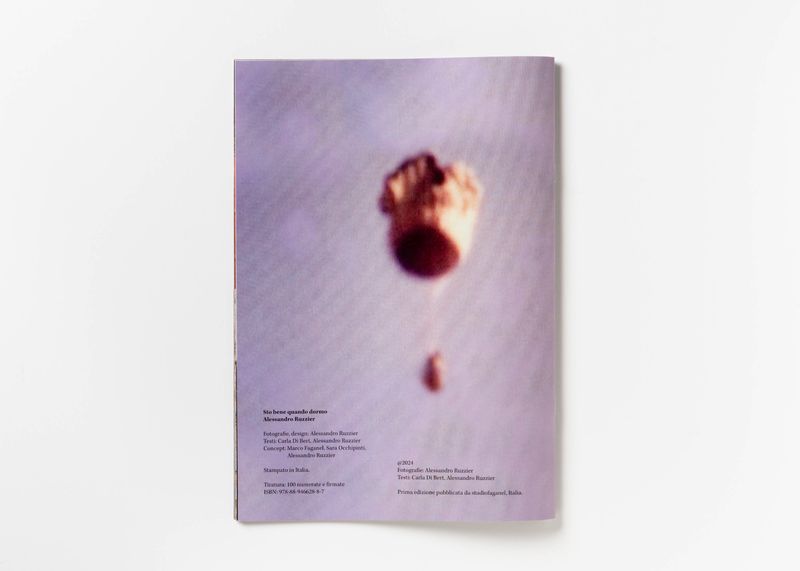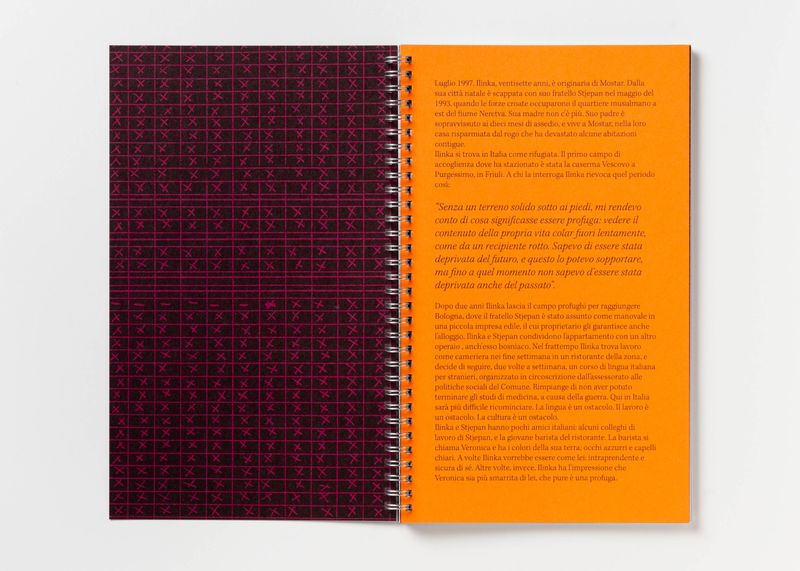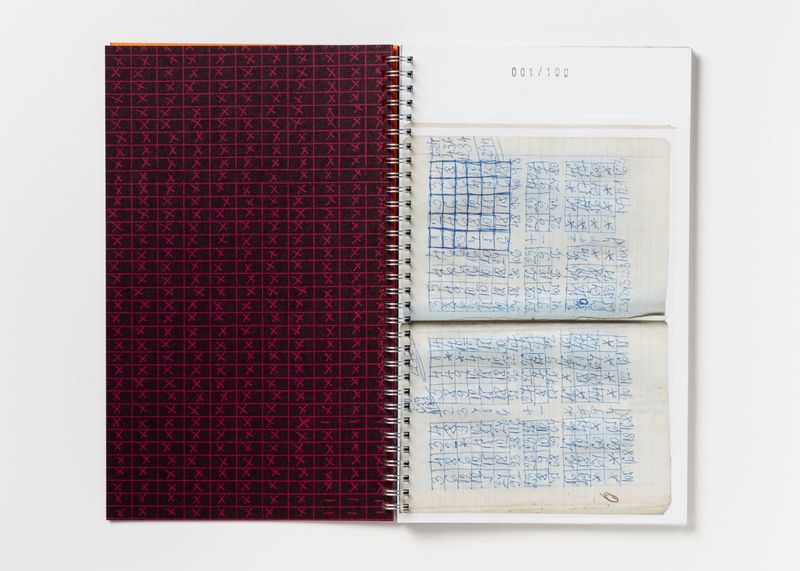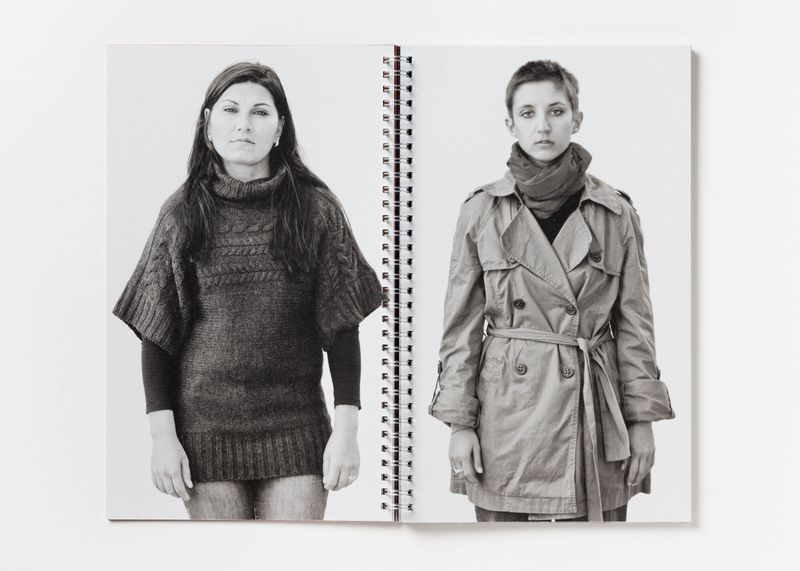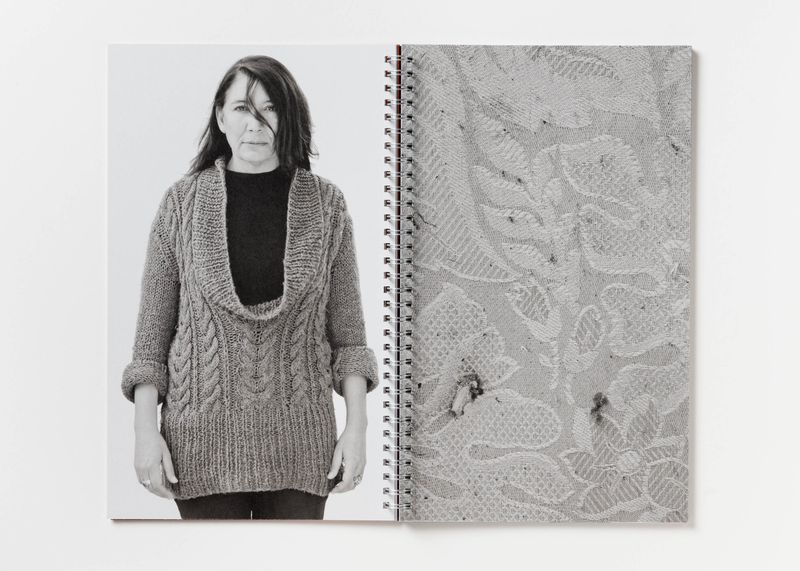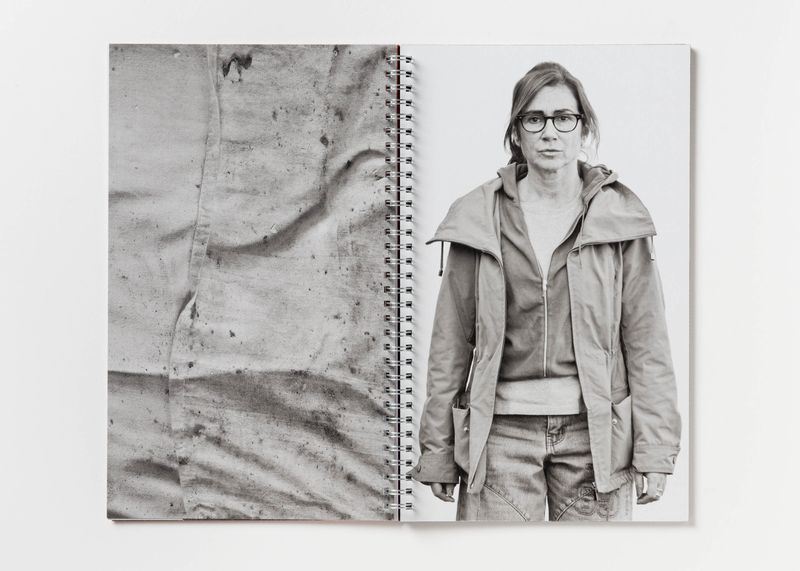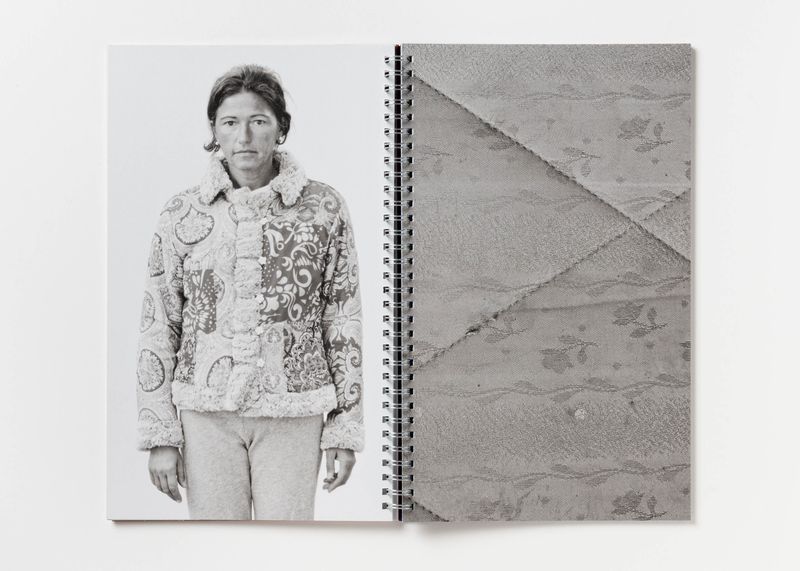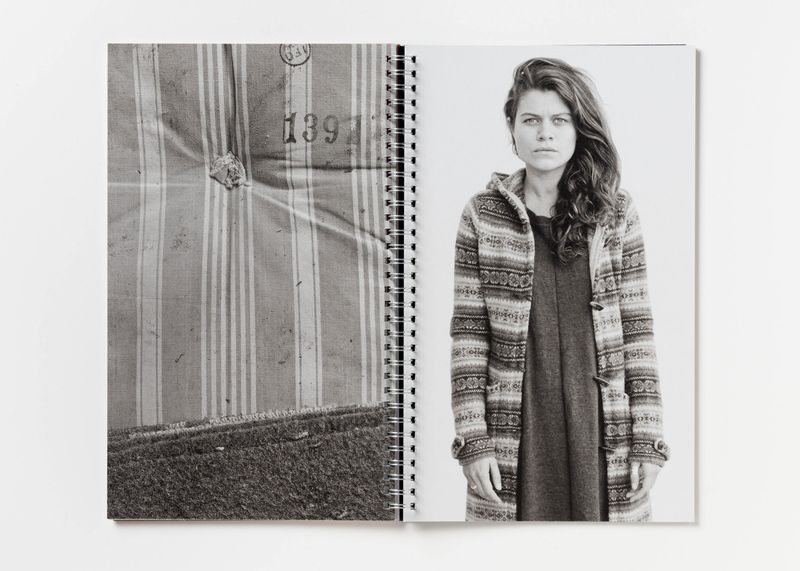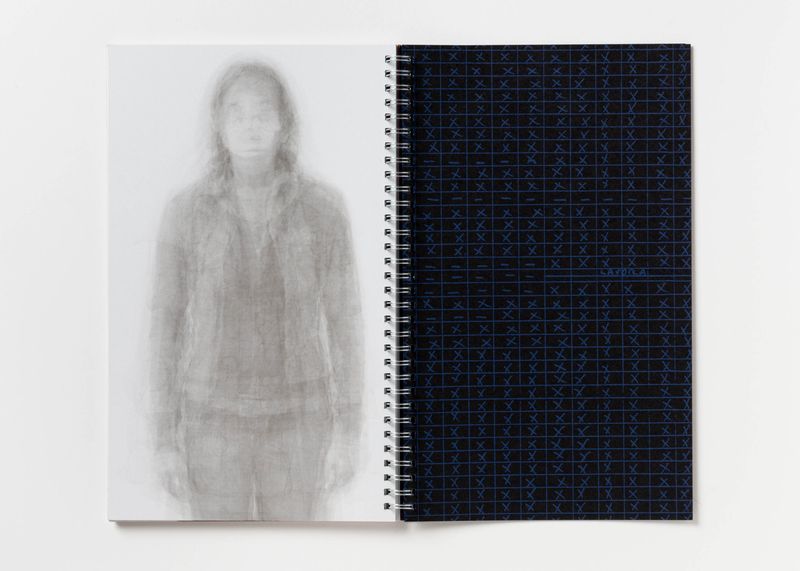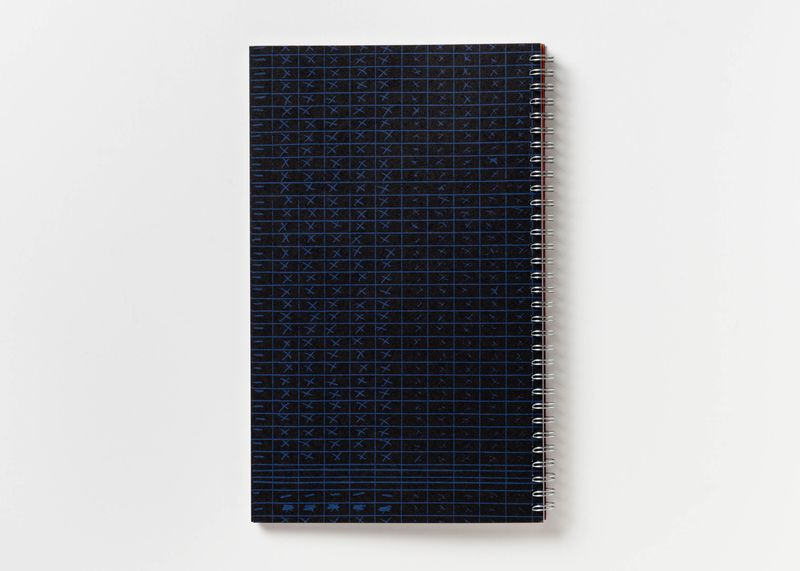Sto bene quando dormo
-
AuthorAlessandro Ruzzier
-
Publisher
-
DesignerAlessandro Ruzzier
-
Price25
-
Link
-
Pages78
-
Dimensions32 x 22,5 cm zine + 28 x 18 book
-
ISBN978-88-946628-8-7
-
PublishedApril 2024
The project, starting from a mapping of abandoned military sites, gradually turns to exploring the topic of identity, when the author faced with the refugees’ traces in the barracks (from the Bosnia War from 1992 to 1997).
Sto bene quando dormo is a work developed over a long time, starting from 2004 when Ruzzier entered for the first time the barracks Vescovo of Purgessimo, which hosted refugees from the Bosnia war from 1992 to 1997.
He found documents, records sounds, takes some short videos and photographs some “finds” that testify to the presence of people who have suffered the trauma of uprooting and the lost of their social identity, reduced to the personal one: passports, permits, letters, games to spend the time, personal writings, drawings on the walls, photographs and notebooks.
The project, starting from a mapping of abandoned military sites, gradually turns to exploring the topic of identity: "What happens to identity when it is detached from the birth place? Does it crack, mutate or expand into a broader spectrum”? These are some of the questions the author asked himself when faced with the refugees’ traces in the barracks.
A letter he found became the pretext to tell a story. Admir writes to Bruno, talks about how he spends time in the garden and watches TV, and about the mattresses where he sleeps on. And he says "I feel good when I sleep", as if the mattress were able to guarantee that minimum balance to face the days to come.
Then, Ruzzier found a Carla Di Bert's essay (Sociology laboratory of SSIS students, University of Trieste). She interviewed a woman named Ilinka who, escaped from Mostar in 1993, arrived in Purgessimo and stopped here for 2 years. Ruzzier thus, so returned to the topic of identity and aimed to give a face to Ilinka. In October 2011 the project ended in a public garden in Trieste, involving some women who posed for the author. He says: "each of them, or rather of us, could be Ilinka, because we are all potential refugees."
